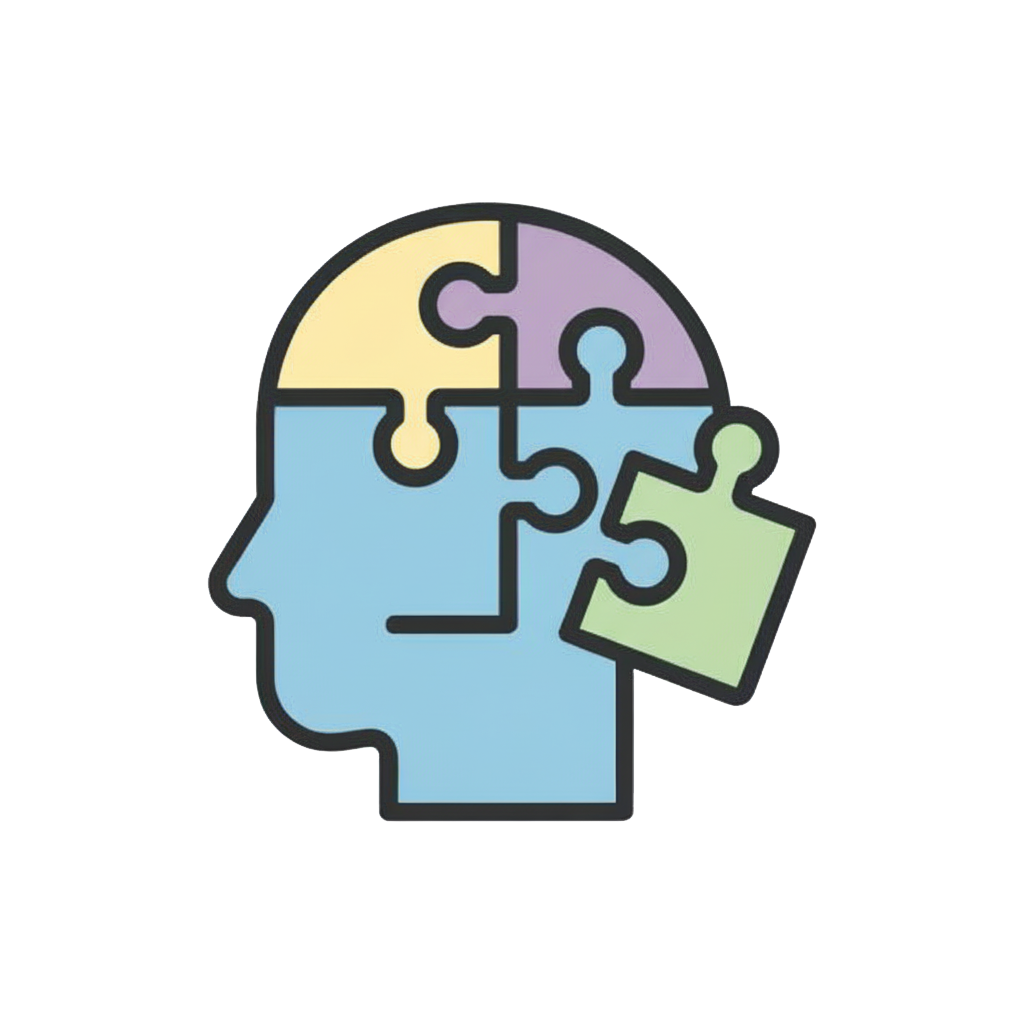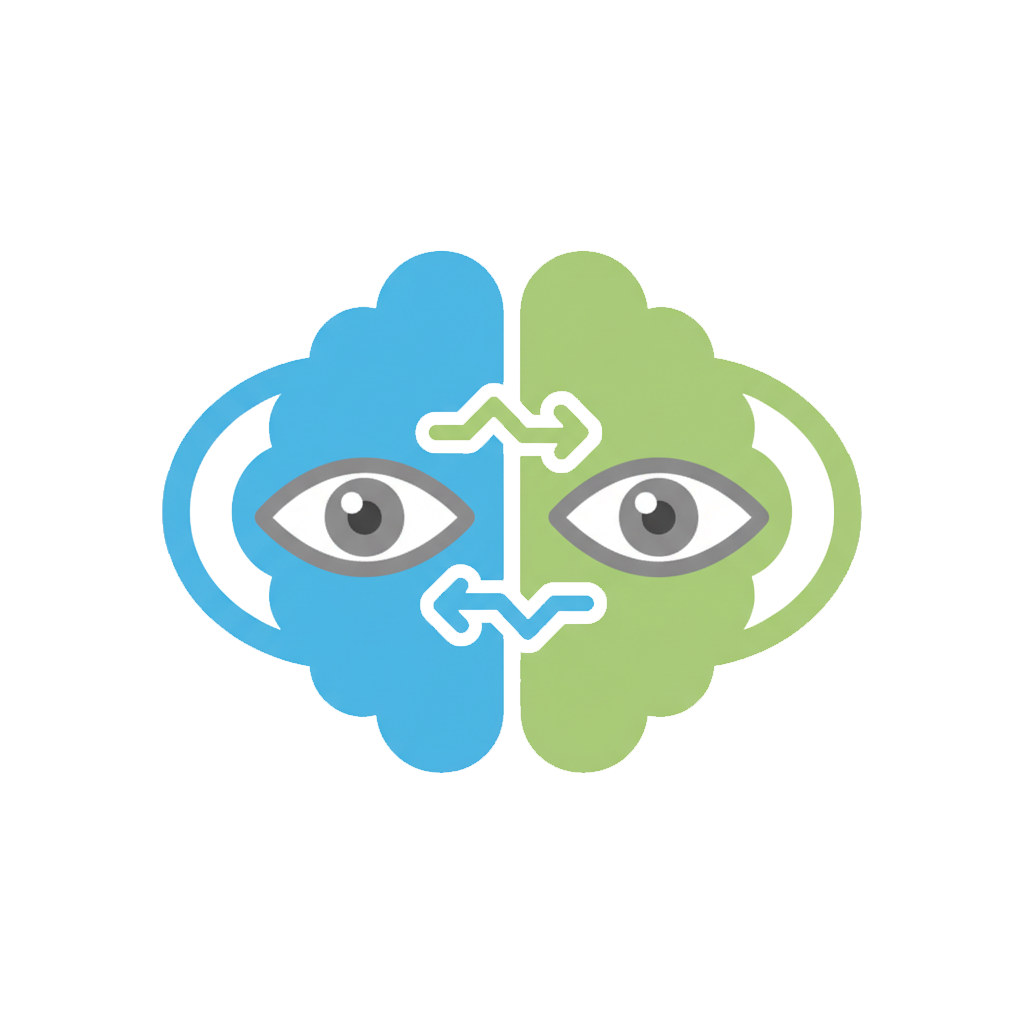
Positive
Psychology
Positive Psychology looks at three bases of happiness: the quick external/consumption-based happiness, being in the “zone” of flow, and meaningful giving. From there we develop your path to your happiness.
Positive Psychology facilitates your ability to identify, fortify and utilize your strengths. With this in place, we can explore how they can be used to grow any or all of the three bases of happiness. For example: when we know our strengths and know how to work them, we increase our contentment and happiness. Do you remember how it feels to be really good at something? Doesn’t that make you happy? Proud?
Positive Psychology recognizes that at best we might able to eradicate all symptoms of anxiety, depression, or whatever else ails you. Does less depression really equal more happiness? Intuitively we might answer, yes, of course - but does it really?! The next question will be how do I keep depression symptoms from re-emerging? What role does happiness play there? Positive Psychology suggests that the level of ones competence, meaning, or purpose correlates to a better - happier - life. Are these happiness bases possibly sustainable and robust in everyday living? I say, yes!
But: Positive Psychology is not Happiology.
Speaking of happiness, how do You define happiness? Is it buying something new, a better car, a nice massage? Or do you derive happiness from competency at work (or play for that matter), or a defined and deep sense of meaning rooted in the knowledge of what your strengths are and putting them at the service for something other than yourself?
My approach to utilizing Positive Psychology is focused on much more than providing you with pain relief from your symptoms. Rather, it is focused on your achievement of a sustainable more pleasurable and more meaningful life.
-

Cognitive Behavioral Services (CBT)
Cognitive Behavioral Services focus on identifying and changing negative thought patterns and behaviors to improve emotional well-being and develop healthier coping strategies. These services are evidence-based and tailored to address a variety of mental health concerns.
-

Individual Therapy
Individual therapy is a confidential process where a person works one-on-one with a therapist to explore thoughts, feelings, and behaviors in order to improve mental health and personal well-being. It provides a safe space for self-reflection, growth, and problem-solving.
-

EMDR Therapy
EMDR (Eye Movement Desensitization and Reprocessing) therapy is a structured approach that helps individuals process and heal from traumatic memories by using guided eye movements or other bilateral stimulation. It aims to reduce the emotional distress associated with those memories and promote adaptive coping.
-

Existentialism
Addresses the big questions. The why. The how. Existentialism is a philosophy that emphasizes individual existence, freedom, and choice. It holds that existence precedes essence, meaning individuals are born without pre-defined meaning or purpose, and must create their own value and meaning through their choices and actions.
-

Solution Based Brief Therapy
Solution-Focused Brief Therapy (SFBT) is a short-term, goal-directed therapeutic approach that concentrates on a client's current strengths and resources to construct practical solutions for the future, rather than dwelling on the history or analysis of the problem itself. It operates on the belief that clients are the experts of their own lives and possess the necessary skills to achieve positive change.
